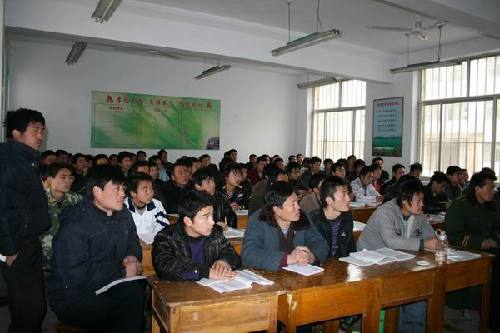Migrant Workers’ Training Needs Innovation
2016-01-04
Zhao Shukai, Development Research Center of the State Council
In recent years, the government has become more aware of the significance of rural migrant workers’ training and organized a large number of training programs for rural migrant workers. However, various problems exist in rural migrant workers’ training. First, the training procedures are loaded with complex and trivial details, exerting psychological pressure on rural migrant workers. Second, the curriculum categories are rigid and dull, inconsistent with their real needs. Third, opportunities to participate in training courses are distributed unfairly, which is unfavorable for the overall development of rural migrant workers as a whole. And fourth, performance evaluation standards are rigid, weakening their interest or even arousing their aversion. The basic problem in rural migrant workers’ training is that some local governments do not take training as the main channel for raising overall quality of the rural population and improving their livelihood, but simply consider it as a mere means of promoting employment opportunities. Therefore, many rural migrant workers are rejected in specific training programs. In fact, the fundamental problem in rural migrant workers’ training lies in the fact that relevant mechanisms require to be changed and the principal position of rural migrant workers should be respected. It is gratifying to note that people have begun to realize the importance of respecting rural migrant workers and leveraging their principal role, and view rural migrant workers from the perspective of rural population development. This is a viewpoint based on the principle of putting rural population first. The current labor shortage shows the enormous amount of employment opportunities for rural migrant workers and that rural migrant workers have the initiative in their own hands for job seeking. The government should take this opportunity to earnestly consider the needs and desire of rural migrant workers, establish a rational and open training mechanism, design human-based training curriculum, and respect rural migrant workers’ willingness and choice. But how to better respect the rural population and leverage their principal role? First, the rural migrant workers should raise their own capabilities so as to effectively express their aspirations and expectations; second, the government should transform itself into a service-oriented one and proactively make innovations. In a word, rural migrant workers should be the masters and entities of training rather than spare parts running on the training machine.















